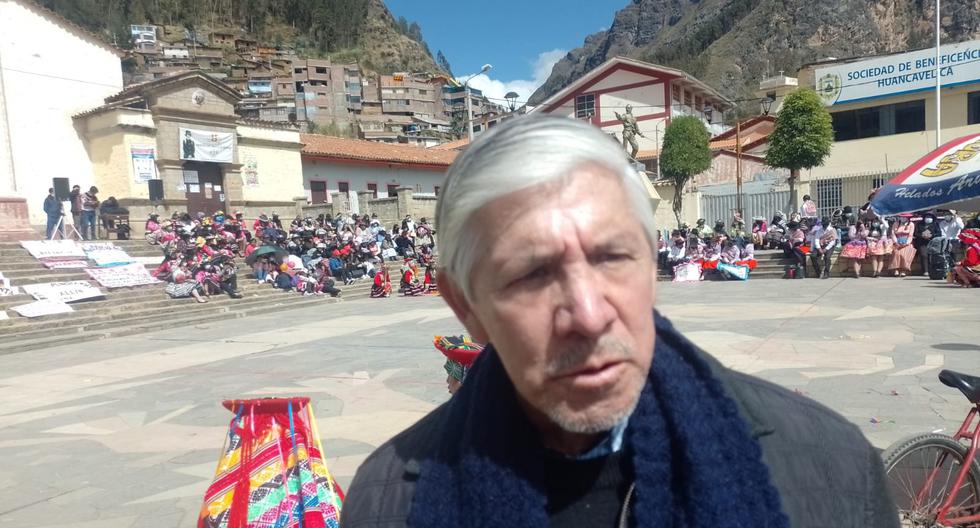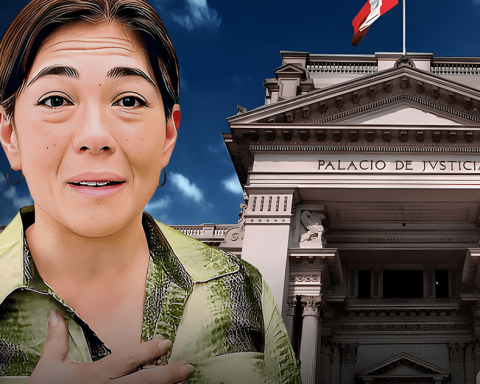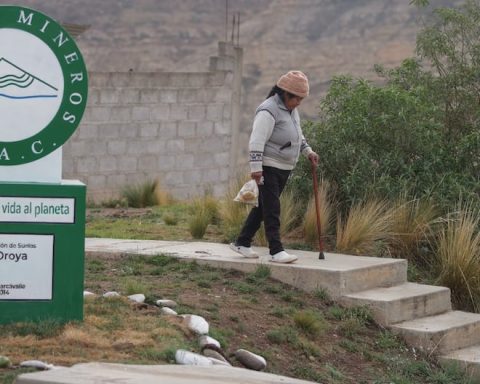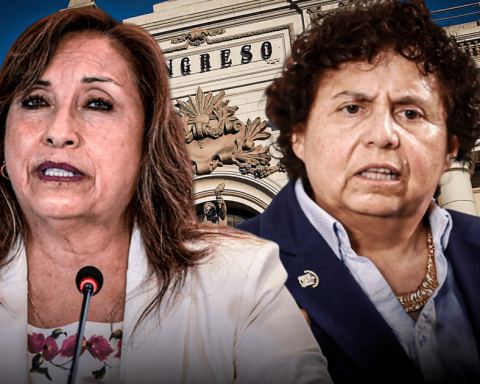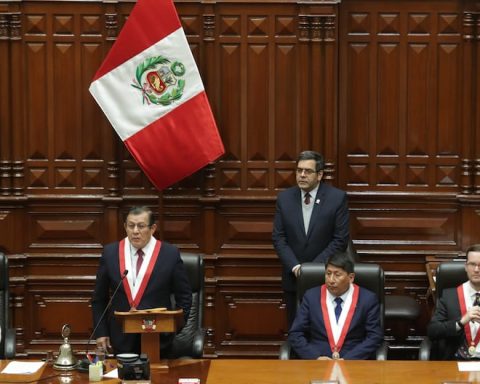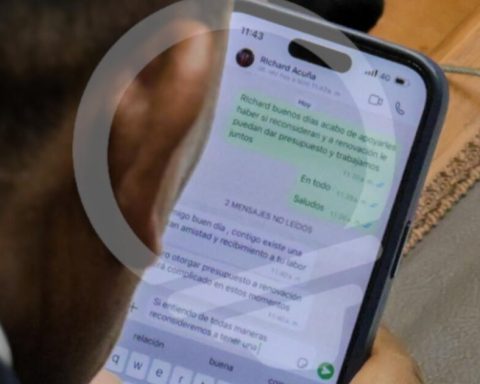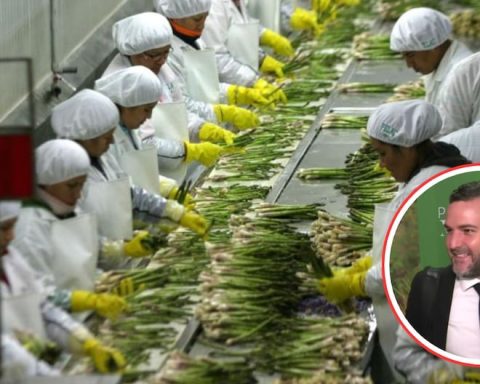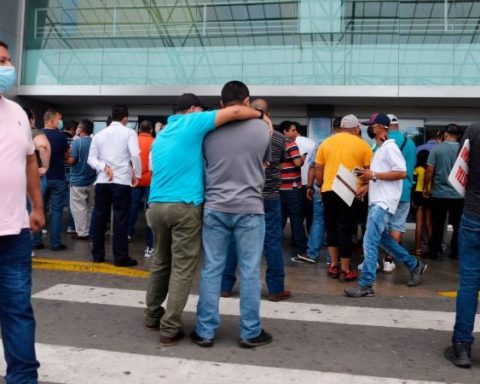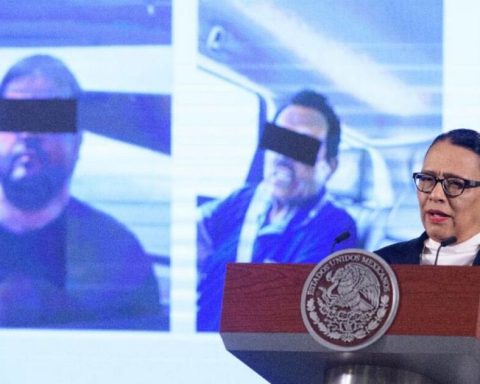The Quechua teacher and head of the Quality area of the Huancavelica Public Pedagogical Higher Education Institute of Francisco Napanga Berrospi urged the population to maintain the Quechua language, the same language that is at risk of disappearing.
YOU CAN ALSO SEE: With a colorful parade they commemorate Native Language Day in Huancavelica
What is sought in the day of the native language?
We seek many things, including rescuing the essence of our culture, our language, our way of thinking, the Andean worldview.
Has the number of students entering the area of Bilingual Intercultural Education (EIB) decreased or increased?
At some point there was a decrease in grade 14 that the Ministry of Education implemented, understanding that this was not valid for those students who came from rural areas of EIB, at that time there was a decrease in admissions to these programs study, in recent years it has been revitalized and now we have a significant amount; we have 60% of the population of the Pedagogical, which more or less implies 300 students.
YOU CAN ALSO SEE: Confirm cases of COVID-19 in Huancavelica educational center
What happened to the Pedagogical license?
The quality area is seeing this, in 2019 the schedule came out for the institute to participate in this process, it was our turn in October 2020, but, due to the pandemic, it was suspended and they told us that a new updated schedule will come out in June. We are sure that we will achieve it.
Do you have everything to achieve that goal?
We are working with all the basic conditions required by the licensing process, we have the infrastructure problem, we are looking for an infrastructure that is consistent with the training of teachers and the technical files have been delayed, we hope that next week they will give light green and construction begins in July, that would be one of the problems that we will have to overcome with the infrastructure that we currently have.
Should all schools have EIB?
There is a program that has been promoted since 2017 on the universalization of IBE at all levels, initial, primary and secondary, unfortunately some institutions have not been inserted, we as an Institute take on the challenge so that this can continue to be added so that the EIB continues to join Huancavelican education.
What is the main problem you have for teaching Quechua?
One of the aspects that always has to be faced is that the father of the family still does not assume teaching in the mother tongue, the father wants his children to be taught in Spanish and they see teaching in Quechua as a delay. The other problem is that there is a significant percentage of teachers who do not speak the Quechua language. We try to address these two problems together with the UGEL.
What number of students speak and learn in Quechua?
In the training of teachers at the Pedagogical Institute we talk about 300 students who are preparing to be teachers in EIB, in the population, only 30% of the population speak the Quechua language, the rest have been losing what is part of the mother tongue .
Of that 30%, what percentage learn and study Quechua?
There are institutions that have been recognized by the UGEL, but, despite having the denomination of Bilingual Intercultural Education, do not develop it, of that 30%, only 10% apply it. It is an absolutely minimal amount due to the Huancavelican student population.
Despite the fact that a lot of Quechua is spoken here?
That’s how it is, HuancavelicaAyacucho, Apurimac, are regions where Quechua remains, but in educational terms we are not advancing in that proportion, I think it is a challenge for the regional authorities and the Pedagogical Institute itself, because we have to join the commitment and challenge that working in rescue Quechua.
